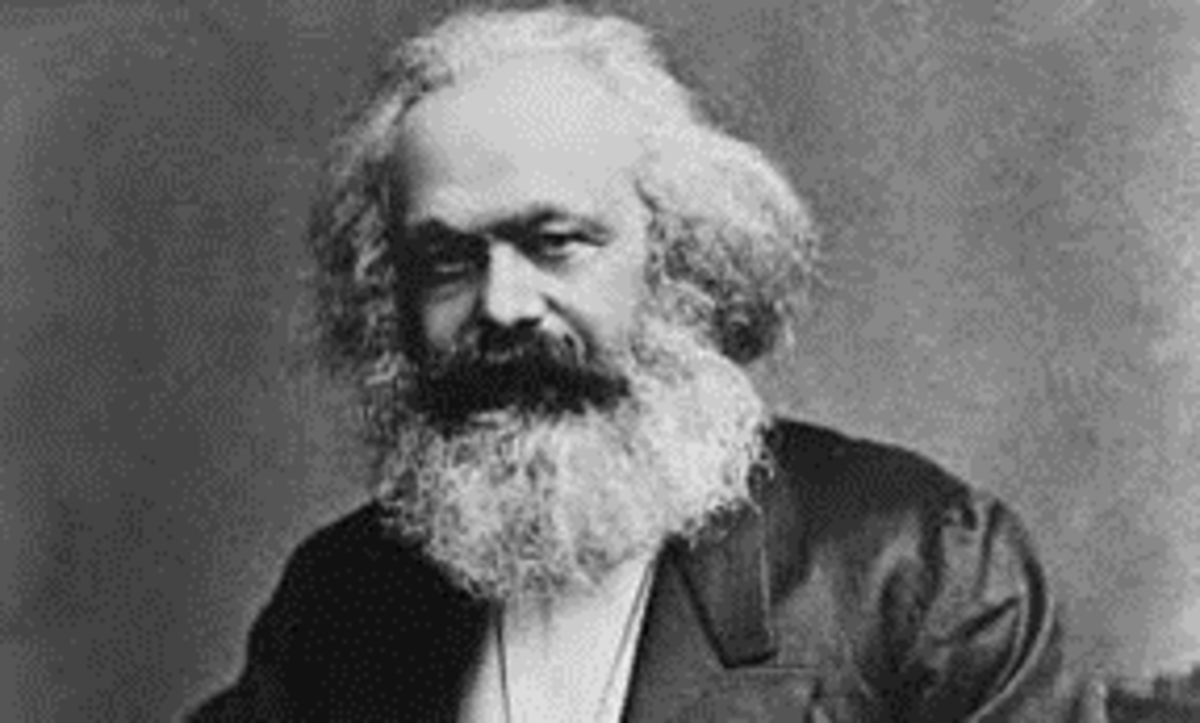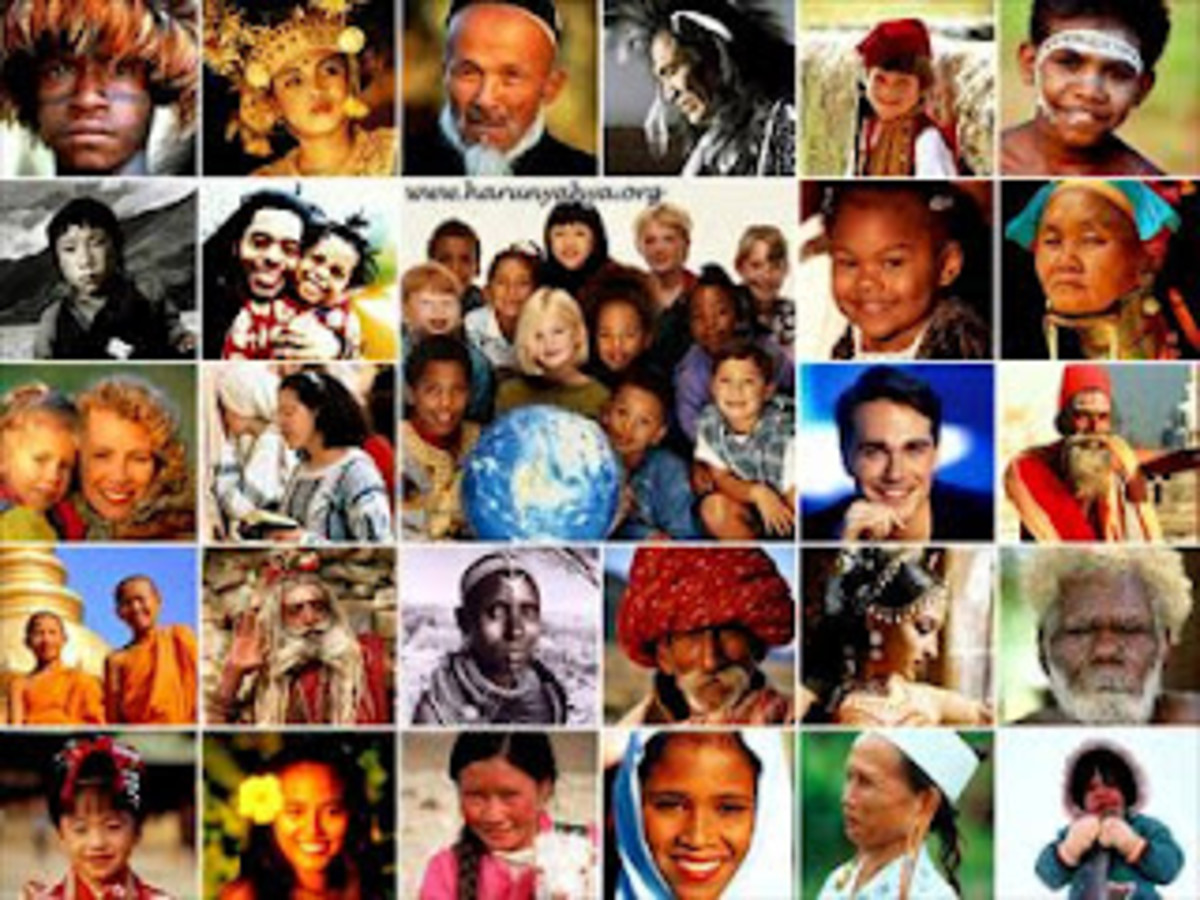Looking after no 1
Aiming for a new social fabric
We are becoming more selfish in our approach to life, looking after number one rather than taking a wholesome approach of seeing ourselves as part of the big picture. The "we" no longer exists and is replaced by the "I myself" but with lots of contradictions to go with it.
As the economy and society strives forward, we tend to become more individualistic in our perspectives. If you want to see it from a linear point of view it started with the tribe, extended family of relatives and then the nuclear family underpinned by differing degrees of government changes and economic policies.
At this nuclear social unit, individual members are sharpened further still, and in time obliged to look after themselves where parents slowly disappear, and a whole cycle of reproduction and development takes place at policy and government insistence.
In the not-too-distant past we were told there was a "consensus" were society was ruled by "agreement", rather than political confrontation or schism about how to run social and economic policy. There was broad agreement on how society should function.
However this consensus started to be broken up, come the 1980s and 1990s when politicians started to look at the social fabric in an entirely different way. People were seen as lazy, increasingly dependent on the state and the social welfare system where jobs were virtually guaranteed and enforced by a strong trade union power.
There was a new philosophy, marked in the UK by the arrival of the conservatives and Margaret Thatcher as Prime Minister, and by Ronald Regan as President in the United States in a 1980s decade of upheaval but capitalist prosperity.
Thatcher said "no more the nanny state" and the role of the public sector would be turned back. Regan said a whole new economic philosophy based on Lasseiz-faire, market forces and supply and demand had to be instilled to recreate the spirit of enterprise and be more resourceful taking their bible from the thoughts of US economist Milton Freedman, the darling of the new right.
Thus this was the take-off point for social change, going after the very heart of a social consensus that has been built in say Britain after 1945 where the hallmark was to build a caring society based in greater public sector involvement and nationalizing major parts of industry and collectivisation.
Then was the age of "we-together", after the 1980s become the age of "I myself" that was characterized by the high level of home ownership which was of course made by the fact that building societies were encouraged to go into a lending spree mode coupled by the fact that credit was made widely available. This has actually continued ever since and proved a strong cause of the prevailing world economic crises that spurned into action in 2009.
Home ownership, which conservatives boasted was the highest ever, may have lead to the "I myself," and in theory allowing the bread earner to work hard, have more money, pay the mortgage and hope for a better life.
The bottlenecks occurred when the bread winner was laid off and couldn't pay the mortgage on the house, and leading to its repossession with him and his family thrown on the streets because there was no longer a social support net to rely on, as under the new economic philosophy the market was supposed to regulate and create boom scenarios.
Whilst this happened for the rich sector of society—it made them richer—the lower sections either stayed where they are or become poorer. With a state curbing its role in the economy and social system, people today are having to fend for themselves, and trying the best they can to make ends meet. Surely there must be a strong case for a new social fabric, more humane that goes easy on the less unfortunate members of society.








